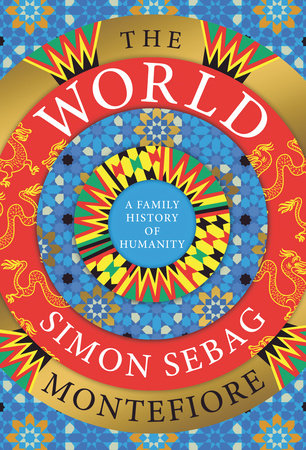Book review — The World - A Family History of Humanity, by Simon Sebag-Montefiore

A good pairing with The Dawn of Everything, David Graeber and David Wengrow’s “Orange Bible”, and counterpoint to Yuval Noah Harari in his gloomier moments. On the one hand, we have been at this civilisation game for much longer than is sometimes acknowledged, and on the other, its failure modes are also not novel (greedy autocrats with corrupt families and sudden climate shocks, mainly). It took me months to make my way through this very dense tome (it’s not exactly portable, after all) but this extended time gave me the opportunity to identify themes and let them percolate.
One aspect that I was aware of but had not quite internalised was the explosion in human population — and how recent it is. Right now, here in old Europe, many people are very exercised about our well-below-replacement birth rate — but in a global context, it seems spectacularly irresponsible to encourage procreation right now. I approve of humans and wish them well, but there are rather a lot of them out there, especially on a historical basis. Local imbalances are sure to be corrected sooner or later. Will hyperlocal cultural histories like our dialect poetry and theatre die out? Maybe — and maybe that’s just how it goes. Many equally valuable traditions are gone without trace already.
I enjoyed reading this history, pruriginous as it sometimes is — but with such a span of time to cover, you have to focus on the highlights. The history on offer is surely selective, but it has to be. Some of the criticisms that the book falls between two stools, too tabloidy to be proper academic historiography while also too dense for the casual reader, is not unfair, but again is built into the project. The only alternative would be to exchange the smooth sweep of events for selective vignettes, giving even more of a role to the selector.
This book is a heroic effort, and while it falls short in some ways, I feel that it delivers on its premise and promise.
🖼️ Cover image from publisher’s website